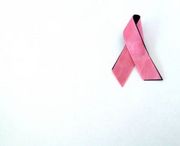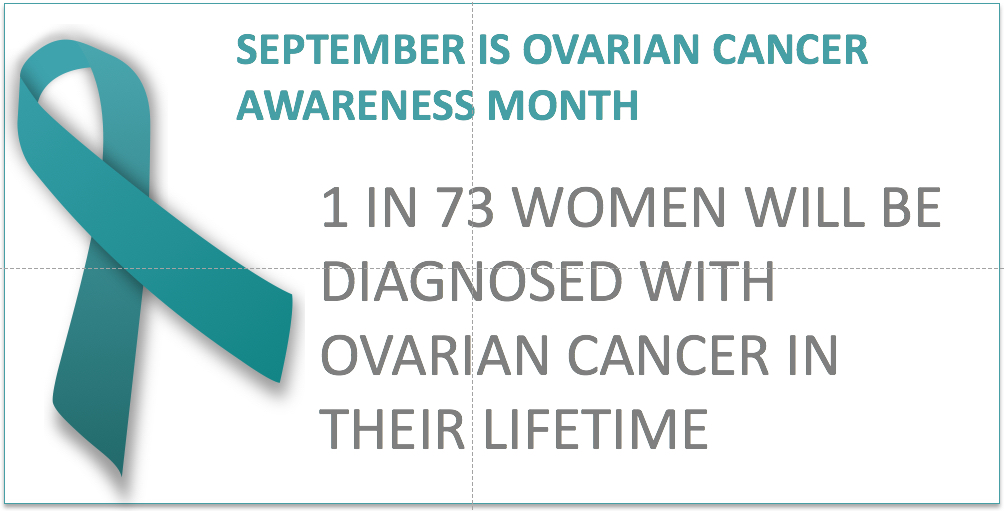
Prior to 2002, hormone replacement therapy (HRT) was routinely given by doctors to millions of women across America who was going about their daily lives feeling out of sorts.
One woman, Paula, recalls when she began taking a combination of estrogen and progestin, a man-made version of progesterone, to ease her natural menopausal symptoms. “I just felt flat, irritable, and like I just couldn’t get enthused about doing anything. Honestly, I felt like I hadn’t had a good night sleep for years and the life force was just being sucked right out of me.”
When Paula started HRT, besides quelling her hot flashes and easing vaginal symptoms, it was thought to have positive long-term benefits such as preventing heart disease and osteoporosis, and lowering the risk for colorectal cancer. For millions of women like Paula, it seemed like a Godsend. But attitudes changed abruptly when the landmark Women’s Health Initiative study found that the treatment actually posed more health risks that benefits for postmenopausal women.
As more and more studies began linking HRT to an increase in breast cancer, ovarian cancer, and lung cancer, among other health hazards, doctors became less likely to prescribe it and most women already taking HRT discontinued use, often without telling their physicians.
Now a new analysis of the California Teachers Study which looked at HRT use among 2,857 women for almost a decade confirms what an 2009 analysis by Harvard Medical School professor Joann Manson found: in the initial two years of HRT there was no increase in the number of breast cancer cases in patients receiving combination hormone therapy. However, over five to six years of HRT, those odds significantly increase.
“This is evidence that the story is complicated," said Tanmai Saxena, an M.D. and Ph.D. student at the University of Southern California Keck School of Medicine, who authored the new study report published in Cancer Epidemiology, Biomarkers & Prevention, a journal of the American Association for Cancer Research. “The benefits of hormone therapy for relief of postmenopausal symptoms among women are clear, but the risks are more complicated than we had previously thought."
Saxena and colleagues found when women who had never used hormone therapy were compared with women who used estrogen therapy for more than 15 years, they had a 19 percent greater risk of developing breast cancer. Women who used combined therapy with estrogen plus progestin for 15 or more years had an 83 percent greater risk. Breast cancer risk was highest among women who used the combination regimen.
Breast cancer risk seemed dependent on a woman’s body mass index (BMI). Those with a BMI less than 30 appeared to have an increased risk of breast cancer with combined hormone therapy; the risk was strongest among women with BMI less than 25. In contrast, obese women (those with a BMI of 30 or more) had no further increase in risk associated with using combined hormone therapy.
Finally, the risk of breast cancer was confined to tumors that were positive for both estrogen and progestin receptors. The risk was somewhat weaker for HER2 negative tumors.
Harvard Medical School professor of medicine Susan Hankinson, Sc.D., who’s also a Cancer Epidemiology, Biomarkers & Prevention senior editor, said in a written statement that the findings underscore the reality that even following the Women's Health Initiative trial and large prospective studies including the California Teachers Study, there are still questions that remain. All women should have a personalized risk-benefit discussion before beginning any hormone replacement therapy.
“These results add new evidence that risk does vary by other personal characteristics. However, for now, the public health message remains essentially the same. There is an increased risk of breast cancer from hormone use, and further studies will address the question of how specific that risk is,” said Hankinson.
Lynette Summerill is an award-winning writer who lives in Scottsdale, Arizona. In addition to writing about cancer-related issues, she writes a blog, Nonsmoking Nation, which follows global tobacco news and events.
Source: American Association for Cancer Research (2010, August 12). “New findings further clarify breast cancer risk with hormone therapy.”






Add a Comment1 Comments
Taking HRT for 15 years, perhaps THIS is the problem. HRT is designed to smooth out some of the more difficult symptoms of menopause. Menopause is not a 15 year itch. To quote from Bluming, Tavris, Hormone Replacement Therapy: Real Concerns and False Alarms, Cancer J, PMID 19390302: "If women are going to stop taking HRT solely to avoid breast cancer, then, on the basis of the studies to date, they should also stop eating fish, consuming grapefruit, taking antibiotics, using electric blankets, or serving as flight attendants on Scandinavian airlines—all of which have been reported to have stronger associations with breast cancer than does HRT."
August 17, 2010 - 10:48pmThis Comment